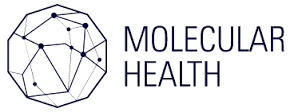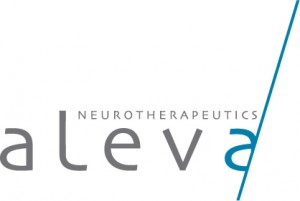News
Company News: EMC to assume costs of tumor analysis for employees and relatives with cancer

– The “Corporate Oncology Program for Employees” with Molecular Health –
As of September 1, 2015, EMC in Germany will be joining forces with Molecular Health to launch a Corporate Oncology Program for Employees (COPE). If an EMC employee or the spouse, partner, or child of an EMC employee are diagnosed with cancer, the program will fund an analysis of the patient’s tumor genome so that the most promising treatment options can be identified.
“Every day we spend many intense hours working together. No one is left unmoved when they hear that cancer has touched the life of a colleague or a colleague’s family member,” says Sabine Bendiek, managing director of EMC Germany, about the new program. Gabriele Schickel, the director of human resources at EMC, adds, “We asked ourselves what we as an employer could do in situations like these. We offer a great deal to healthy employees. But how can we support colleagues who get sick?” The answer for EMC Germany employees and their families is COPE. EMC, an IT compan with headquarters near Boston, Massachusetts (USA), employs some 70,000 people around the world; its main German office is located in Schwalbach am Taunus.
EMC is Molecular Health’s second COPE customer. “There’s been a lot of interest in COPE over the past few months. Typically it is forward-thinking companies like EMC that make special efforts to look after their employees,” said Lutz Voelker, CEO of Molecular Health.
Part of the COPE program involves Molecular Health’s TreatmentMAP™: the tool analyzes and interprets the tumor genome and the ways in which it differs from healthy tissue in a clinical context. TreatmentMAP compares patient-specific genetic information with the latest international biomedical knowledge. This allows treating physicians to manage the incredibly complex masses of data so they can match the tumor profile to a suitable treatment. As a result, they can identify the therapeutic option with the highest potential benefit while also avoiding side effects as much as possible. Confidentiality is a natural component of our process. The patient remains anonymous. All patient-relevant data remains confidential and is never given to third parties or the employer.

